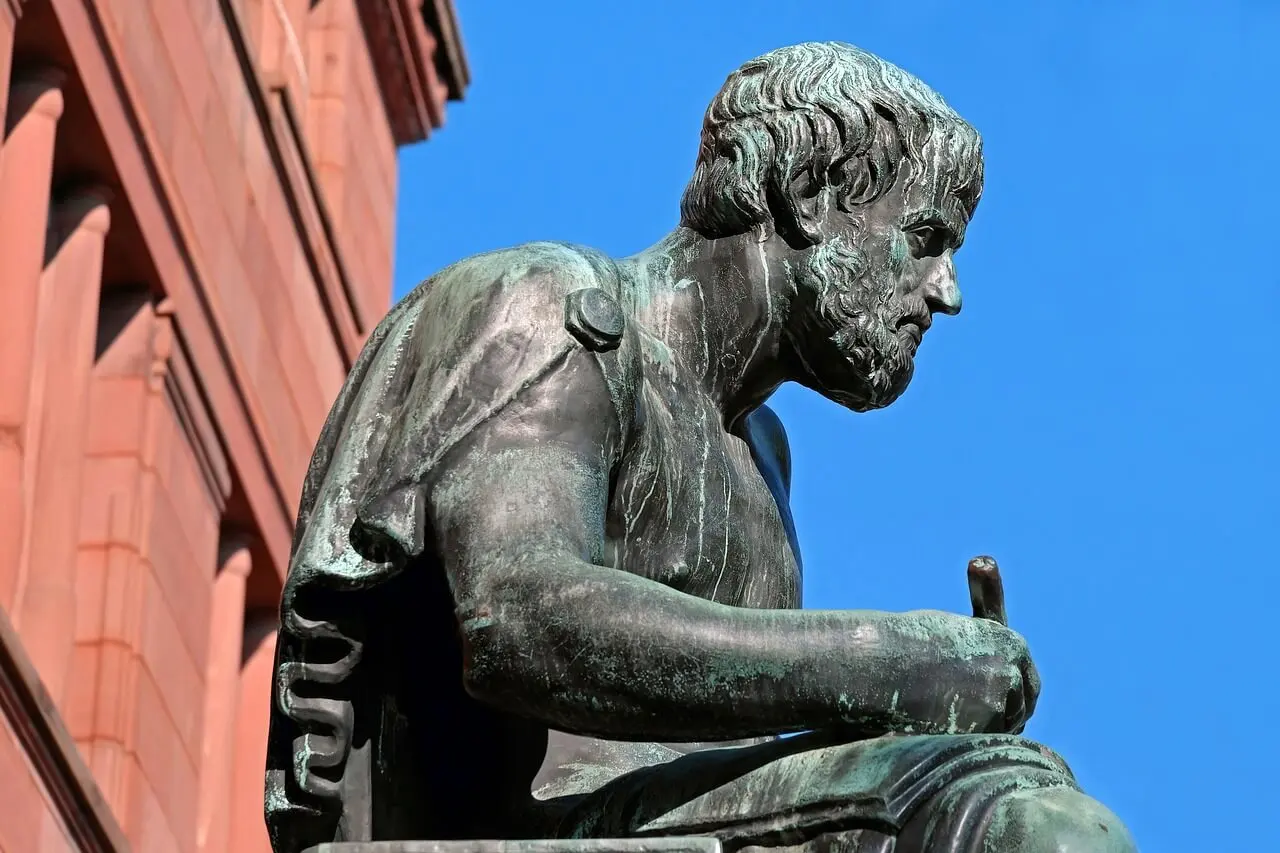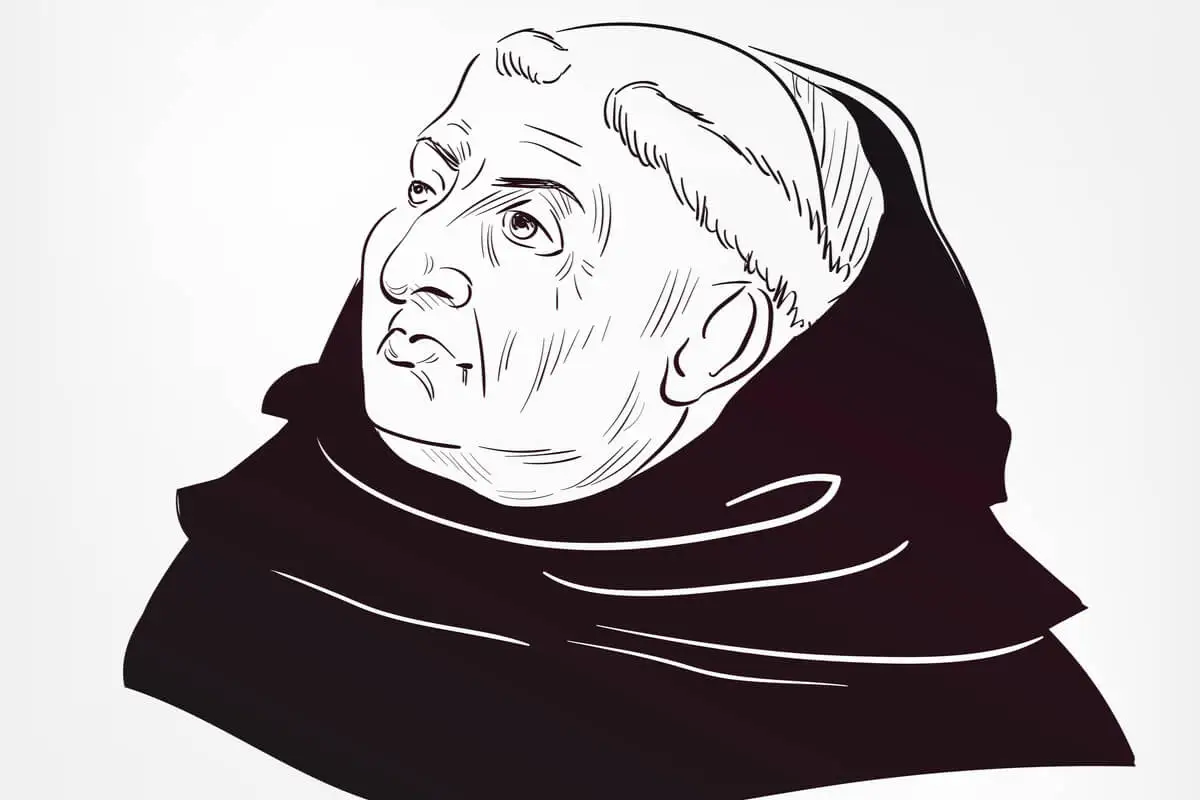Ontology: What It Is, Its Characteristics, and Representative Thinkers

Ontology is a branch of philosophy that studies the nature of being and its properties. The term was coined in 1606 by the German philosopher Jacob Lorhard, in his work Ogdoas scholastica. It refers to the conjunction of the Greek words ontos ( meaning “entity” or “that which is”) and logos (meaning “science” or “theory”).
However, the study or science of being dates back to antiquity, especially with Aristotle’s Metaphysics, which contains a theory of the general principles of thought and a theory of being as being.
Some of the questions that ontology seeks to answer are the following:
- What is matter?
- What is space-time?
- Do all events conform to some law?
- What makes an object real?
- Does God exist?
- Are there mental entities, such as ideas and thoughts?
Below, we’ll take a closer look at all of the characteristics and objectives of this discipline, as well as its main exponents.
The characteristics of ontology
To better understand what this discipline is about, we’ll first present its main characteristics:
- This is a branch of philosophy that focuses on the study of being, or of what exists. It’s a branch of philosophy that focuses on the study of being, of what exists, as well as the relationships between entities.
- It encompasses a series of philosophical positions that attempt to give an explanation of being as being.
- It analyzes a variety of objects, which can be abstract (such as numbers) or concrete (formed by matter).
- It develops its concepts by means of dichotomies – that is, by notions that are opposed to others. For example, this may include particularity versus universality, abstraction versus concreteness, or possibility versus necessity.
- Ontologists usually try to determine which are the highest categories or genera (e.g., substances, properties, relations, state of affairs) and how they form a system of categories that provide an encompassing classification of all entities.
There are several types of ontologies:
- Monocategorical ontologies: They hold that there’s only one basic category.
- Polycategorical ontologies: These are contrary to the previous ones.
- Hierarchical ontologies: They affirm that some entities exist at a more fundamental level and that other entities depend on them.
- Flat ontologies: They deny that privileged status to any entity.

Also read: The Differences Between the Philosophies of Aristotle and Plato
Some ontological problems
Ontological problems are those questions that are difficult to answer and whose solution attempts to establish the nature of the being of any entity. To answer them, many philosophers have made use of logic and creativity.
Although in the last decades, scientific findings have been an excellent reference to formulate ontological theories.
Abstract entities
Within ontology, 2 types of entities have been distinguished: abstract and concrete. Among the former we find numbers, sets, thought, and concepts; while the latter are material entities, such as a chair, a tree, and the planets.
However, there’s still no agreement that allows us to decide when an entity is abstract and when it’s concrete. Moreover, there is also no agreement on whether abstract entities even exist and, if they do exist, which ones do exist.
The levels of matter
When we encounter a concrete object we can know what it is made of. For example, a table may be made of wood, but this material is composed, in turn, of a variety of molecules and atoms.
So, should we suppose that what exists is a table? Or would it be more correct to say that what exists is a bunch of molecules? Or a variety of atoms? This argument can be extended to many other material entities.
Universals
Universals, also called properties, attributes, or qualities, are the supposed referents of predicates, such as “red,” “smooth,” “insect,” “parent,” etc.
In ontology, the existence of universals is proposed to justify our way of referring to individuals or objects. Thus, for example, when we say that a rose is red, we can justify this assertion by claiming that the flower possesses the red universal or that the red universal is present in the rose.
Moreover, we can say of various things that they are all red, because the red universal, being something distinct from the things themselves, is present in all of them. Now, the problem of universals is about whether they exist. If so, what is their nature?
There are various ontological positions on this issue. Some defend that they exist in things; others assume that they are independent of them; while others claim that they are in our minds.
The existence of the mind
Anyone could claim that the human mind exists and that it resides in the brain. However, why can we not see it when we study this organ?
The ontological questions that arise around this subject are whether the mental is an illusion and whether everything we describe today in mental terms could be reduced to the physical processes observed by science. Or is the mind something that actually exists but is immaterial and unobservable?
Discover more: The Philosophy of Nature and its Importance for the Modern World
Representatives of ontology
As we said at the beginning, ontology dates back to Ancient Greece. In particular, when the Greek philosopher Aristotle baptized it under the name of first philosophy.
For this great thinker, first philosophy is the science that studies what is as something is and adds that it is not identified with any of the particular disciplines (such as mathematics or physics). For it possesses the most extensive and least comprehensible object of study that can exist: being.
That said, Aristotle can be considered the originator of ontology in Western philosophy, for he set out to study, among other things, the first principles of all that exists.
Later, in the Middle Ages, ontology was strongly influenced by Aristotelian concepts, and among its greatest exponents are Thomas Aquinas, Duns Scotus, and William of Ockham.
Later, in the Modern Age, ontology is considered a more separate domain of philosophy. During this time, many ontological theories were rationalist, in that they shared a deductive structure: starting from a small set of principles or axioms to a true conclusion. The most prominent representatives of modern ontology are Descartes, Spinoza and Immanuel Kant.

Ontology to learn about the human experience
Ontology is a very important discipline since it deals with something as complex and enigmatic as the being and existence of things. Its theories not only help us to account for and understand the reality that surrounds us, but also to know ourselves as human beings.
All cited sources were thoroughly reviewed by our team to ensure their quality, reliability, currency, and validity. The bibliography of this article was considered reliable and of academic or scientific accuracy.
- Basilio M (2015). Ontología, acción y verdad. De El ser y la nada a Verdad y existencia. Estudios de Filosofía [Internet], 52, 9-28. Recuperado de: https://revistas.udea.edu.co/index.php/estudios_de_filosofia/article/view/25051
- Cohen M. (2020). Aristotle’s Metaphysics [Internet]. California: Stanford Encyclopedia of Philosophy. Recuperado de: https://plato.stanford.edu/entries/aristotle-metaphysics/
- Diccionario filosófico. (S.F). Ontología. Recuperado de: https://www.filosofia.org/enc/ros/ont.htm
- Giménez, F. (2016). Gustavo Bueno, el materialista ontológico. El Catoblepas: Revista crítica del presente, 25. Recuperado de: https://www.nodulo.org/ec/2016/n174p25.htm
- Hofweber T. (2017). Logic and Ontology [Internet]. California: Stanford Encyclopedia of Philosophy. Recuperado de: https://plato.stanford.edu/entries/logic-ontology/
- Klima G. (2022). The Medieval Problem of Universals [Internet]. California: Stanford Encyclopedia of Philosophy. Recuperado de: https://plato.stanford.edu/entries/universals-medieval/
This text is provided for informational purposes only and does not replace consultation with a professional. If in doubt, consult your specialist.








